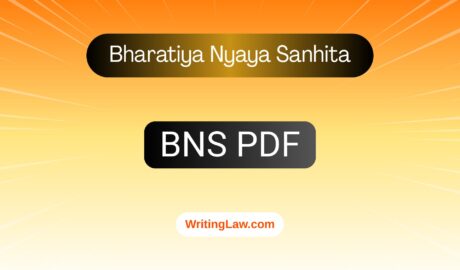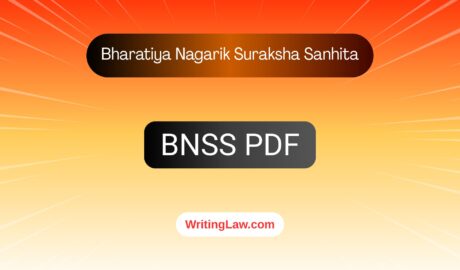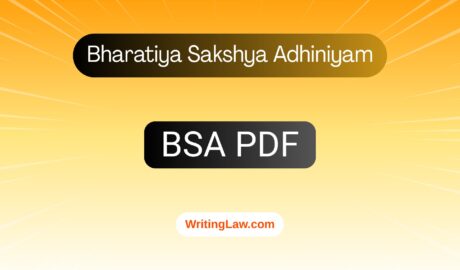Section 69 IPC
69. Termination of imprisonment on payment of proportional part of fine. If, before the expiration of the term of imprisonment fixed in default of payment, such a proportion of the fine be paid or levied that the term of imprisonment suffered in default of payment is not less than proportionalRead…








